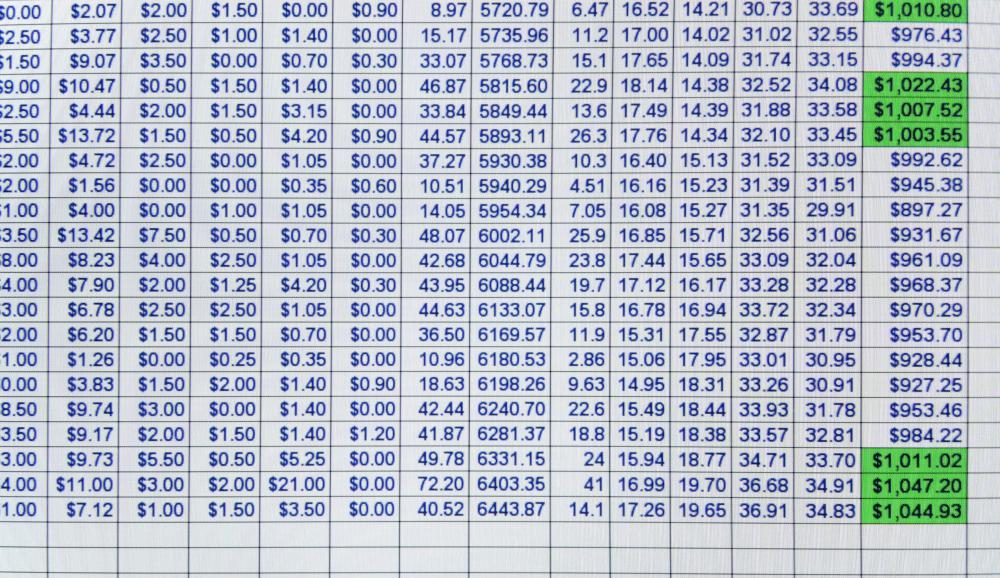At WiseGEEK, we're committed to delivering accurate, trustworthy information. Our expert-authored content is rigorously fact-checked and sourced from credible authorities. Discover how we uphold the highest standards in providing you with reliable knowledge.
What Skills Do I Need as a Business Data Analyst?
A business data analyst may be employed by a variety of companies. Regardless of the work location, some of the primary job duties of those in this position include collecting data and using it to effectively improve all aspects of the business and increase profits. As a result, there are certain skills that any business data analyst should possess in order to successfully perform his job. These skills include having the ability to think logically, being able to interpret and analyze data, having organizational skills and being an effective communicator.
Perhaps one of the most essential skills of a business data analyst is being able to think logically. In order to perform the job well, it's mandatory to remain objective and see the "big picture." Consequently, an individual should be able to look at industry data and make logical predictions about what the future holds. A lack of natural logical thinking ability could be detrimental to a business data analyst and cause him to lose clients and profits.

Another important skill is being able to interpret and analyze data. Since it's the job of a business data analyst to continually work with data, a person in this career should possess deductive reasoning and an aptitude for spotting patterns. For example, this person may need to analyze customer satisfaction surveys from a particular business. In order for him to be effective, he would need to break the data down and determine what percentages of customers are happy and what percentage aren't. He would then try to figure out which elements of the business people have been consistently unhappy with and seek ways to improve them.

Having solid organizational skills is also critical for a business data analyst. Since an individual will be consistently reviewing and analyzing data, it only makes sense that he should be well organized. This is especially important when looking at large scale, long term data over several years. Being able to keep things like graphs and charts organized and easily accessible is vital to making good decisions for future business endeavors.

In addition, being an effective communicator is very important. This means that a business data analyst should be able to communicate well both verbally and in writing. Throughout the day to day work schedule, a person will be required to transfer his data findings to other members of the business. He might have to fill out reports or attend meetings with other employees. Consequently, it's imperative that he has solid interpersonal skills and can interact with others effectively.
AS FEATURED ON:
AS FEATURED ON:













Discussion Comments
@SteamLouis-- I hope to be a business data analyst too. The only advice I have for you in terms of thins you can do day to day, is to engage in a lot of reasoning exercises. For example logic games and exercises, deduction exercises and math exercises are all very beneficial. I also suggest reading a lot, especially about business specifically. The more you know, the more reasoning you can apply to the data you come face to face with.
Some more modern requirements from a data analyst is knowledge of programs and software required to collect and graph the data. This organizes data, makes it easy to see patterns and it's a great way to show how you came to your analysis.
I'm in college, studying business, and I want to be a business data analyst after graduation. I realize that it won't happen right away but I want to make that my goal and work towards it.
Aside from my current classes, which already teach me how to understand and use data, what else can I do in every day life to be a better analyst?
Are there any data analysts here? Can you advise me?
I'm not so sure that the skills of an analyst can always be learned. I actually think that some people are born with a tendency towards this skill set. For example, the Briggs-Myers personality test identifies personality, one of which is an analyst.
Those with this personality trait don't necessarily learn these skills. Their mind already works that way, but it can be developed and made better. And the best way to do that is to practice, observe data, analyze and try to come to logical conclusions about it.
Post your comments